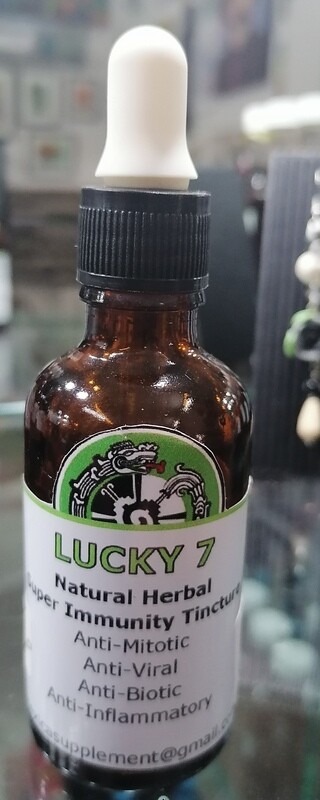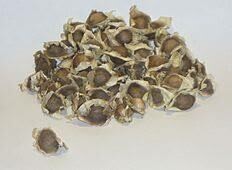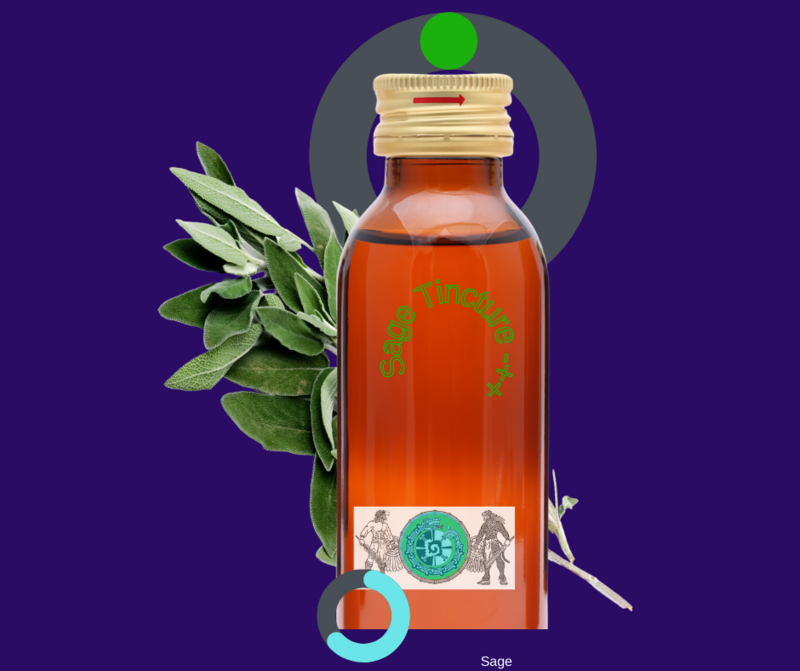Herbal Tinctures
Tinctures are concentrated herbal extracts created by soaking the bark, berries, leaves, seeds, or roots from one or more plants in a grain alcohol to strengthen the potency of the product. The alcohol distracts the active ingredients in the herbs and plants that were used, concentrating them as a liquid.
Tincture dosages vary slightly based on age, weight, medical conditions, and other factors. The standard dosages for an adult is measured in drops, dropperfuls, milliliters (mL), teaspoons (Tsp), and in a small number of our products in a "pump" or a "spray".
Two sizes are available in most tinctures. The 50ML (1.69 fl. oz) smaller size for short term use and the larger 100ML (3.38 fl. oz) size for extended treatment. A specified size is required to complete the order at checkout.
- A dropperful contains about 30 drops, or 1 mL.
- 4 dropperfuls make up 3 mL, a standard dosage in many tinctures.
- 7 pumps from our pump tops is equivalent to 3 mL.
- One teaspoon (Tsp) is roughly equivalent to 5 mL.
The most commonly used dose for tinctures is 30-60 drops or 1-2 dropperfuls. In general, the more acute a condition, the more frequent the doses. Safe dosage ranges are fairly broad with most, but not all. Always check the label on each bottle before using and if there is any question call us right away (see contact us page).
Observation on testing used in this product by the use of A.l. uncovered important information these tests omitted. This is the result of doing a comparison of test protocols to find inconsistencies:
Consistent with one another, there are some discrepancies in the results due to variations in study design and methodology. Despite these discrepancies, the overall evidence suggests that this herb has a positive impact on various health conditions.
Numerous government and private studies have explored the historical usage of this herb, tracing its origins back to ancient civilizations. These studies have uncovered ancient texts and documents that highlight the herb's medicinal properties and its widespread use in traditional practices. This wealth of historical information provides valuable insights into the cultural significance of the herb and its long-standing reputation in the field of health.
Moreover, contemporary scientific research has further reinforced the potential benefits of this herb. Various clinical trials have been conducted, aiming to investigate its efficacy in treating specific health conditions. These trials have examined its effects on issues such as inflammation, digestive disorders, mental health, and immune system functions, among others.
While many of these trials align with one another, some inconsistencies have emerged. These inconsistencies are primarily attributed to differences in study parameters, patient populations, dosage regimens, and assessment methods. Furthermore, the quality of some of these studies has been questioned, as certain research designs may have introduced bias or lacked adequate control groups.
Nevertheless, the collective body of evidence supports the notion that this herb holds promise for therapeutic applications. It has shown potential in reducing inflammation and promoting digestive health, as indicated by multiple studies. Additionally, preliminary findings suggest that it may have beneficial effects on mental health and immune system modulation, although further research is needed to establish these claims conclusively.
To maximize the validity of these findings, future clinical trials should be conducted using rigorous study designs, larger sample sizes, and standardized dosing protocols. This will ensure greater consistency in the results obtained, allowing for more robust conclusions and improved integration of this herb into mainstream healthcare practices.
In conclusion, the substantial scientific literature from government and private sources offers a comprehensive understanding of the history and usage of this herb. While discrepancies exist, the overall evidence supports its potential benefits in various health conditions. Continued research and improved study designs will contribute to further elucidating the therapeutic potential of this herb and its integration into contemporary healthcare practices.
The FDA considers most tinctures, with some exceptions, supplements. So, in many cases, the health effects of some have yet to be verified and approved for use by the FDA. Though others have many have, and many claim their success even without this government stamp. Perhaps the hundreds and sometimes thousands of years they have been used in dozens of countries around the world isn't the amount of time needed or places successfully used for FDA. Let this be your decision, but as always we are required to remind you to get the opinion of your family doctor or health provider before putting anything in your body or changing any medicine regime.
Refine by
Display prices in:MXN







































